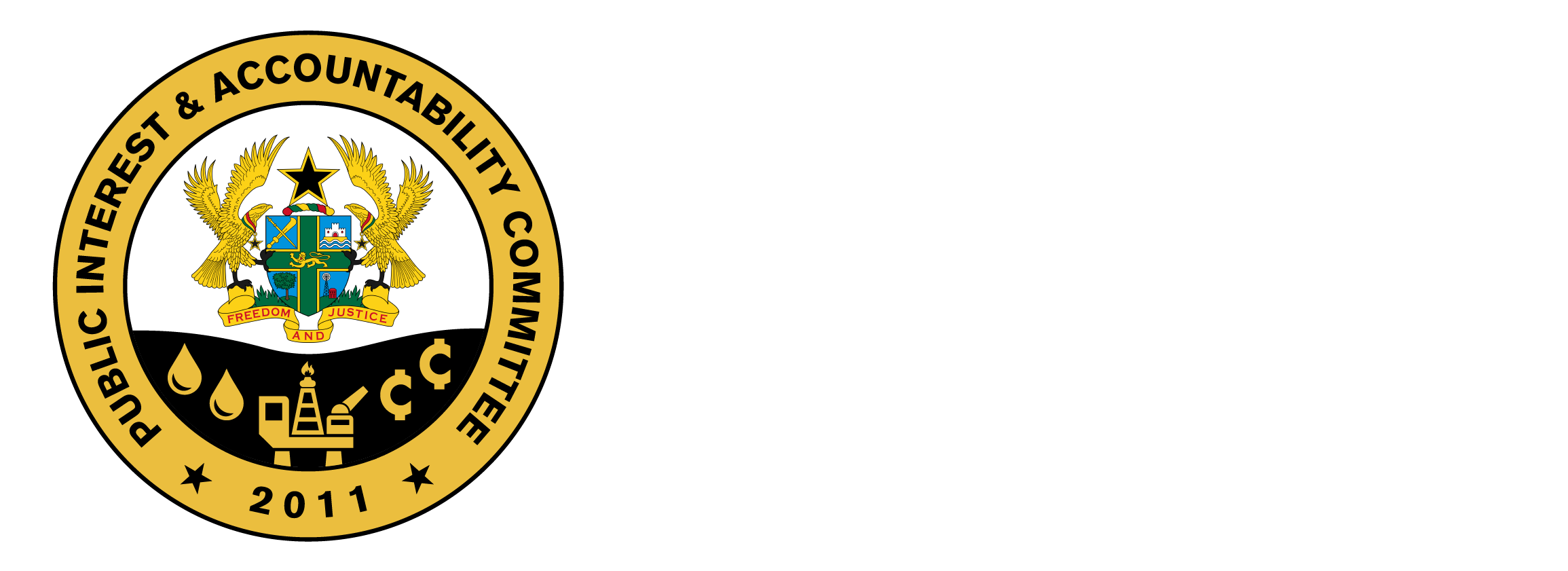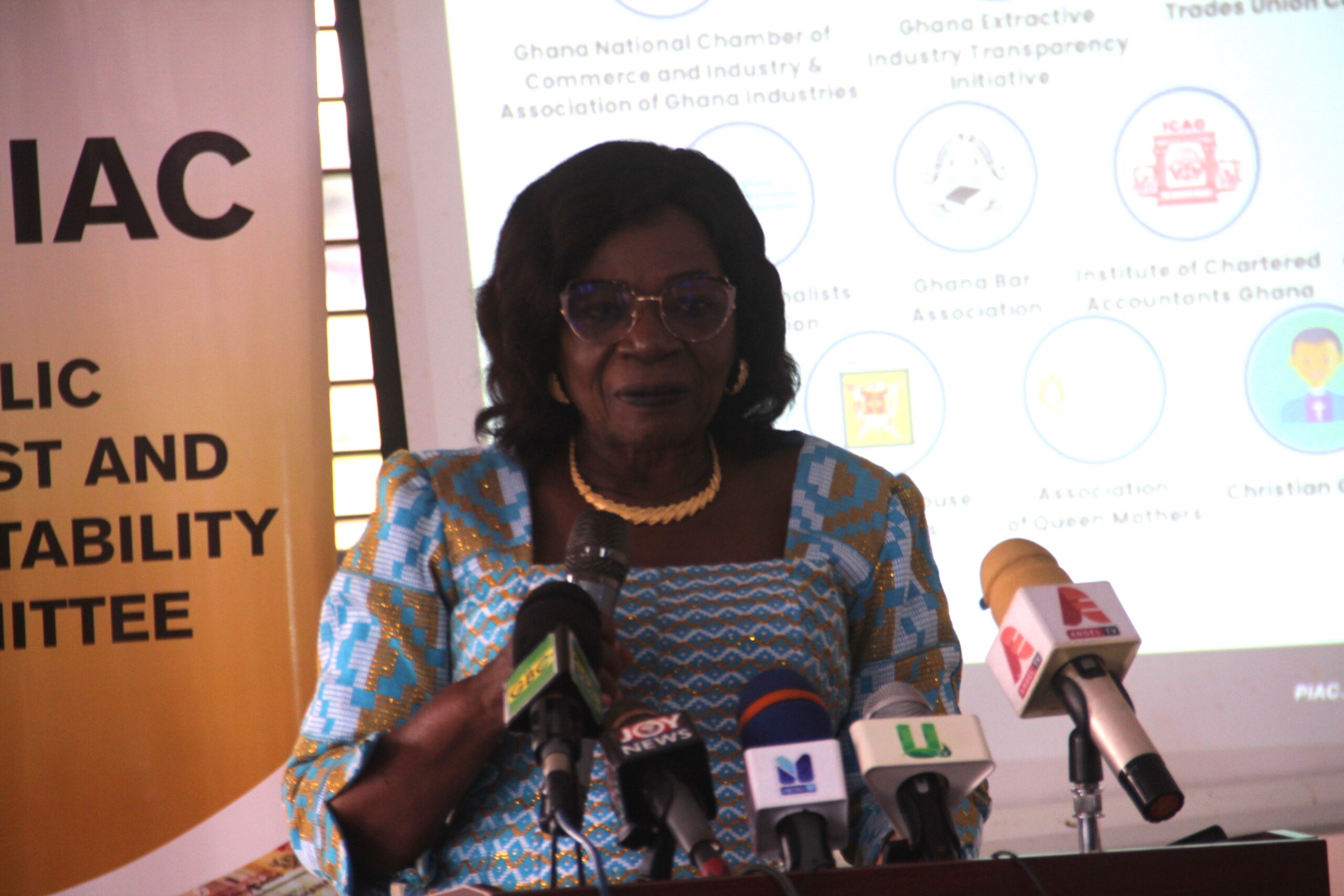Auditing expended oil revenue at the district Assemblies is a challenge, some Internal Auditors of the Ghana Audit Service (GAS) have disclosed.
This, according to them, the lack of a clear outlining of how much oil revenue fund makes up the District Assemblies Common Fund (DACF) disbursement of each assembly was worrying.
Mr Richard Mortey, Assistant Director of Audit, GAS, Dodowa Office, shared this sentiment at a Public Interest Accountability Committee (PIAC) forum organised for stakeholders at the Shai Osudoku District of the Greater Accra region.
He urged PIAC to recommend the decoupling of the district assemblies share of Annual Budget Funding Amount (ABFA) from the DACF to enable transparency in the use of the oil revenue for capital expenditure projects.
He said such a recommendation when implemented would go a long way to help PIAC and other stakeholders monitor the use of petroleum resources based on the reports of auditors at the district assemblies.
“DACF as a fund has a gamut of expenditure under it and some of it being administrative and goods and services. When revenue is released from the petroleum fund, the likelihood of misappropriation or misapplied is very high. But when it is dedicated, it makes the work of stakeholders and reviewers like auditors very easy,” he said.
Based on a 2019 Supreme Court ruling in the case of Kpodo and another versus the Attorney-General, the DACF was to receive 5 per cent of the ABFA.
In 2023, an amount of US$24,298,598.18 (GH¢270,907,662.28), representing 5 percent of the 2023 ABFA, was disbursed to the DACF in compliance with the decision of the Supreme Court.
According to the PIAC annual report, however, about 54 percent of the ABFA disbursed to the District Assemblies Common Fund was used for Goods and Services (recurrent expenditure).
This was contrary to Section 21(4)(a) of the PRMA, as amended, which provides that not more than 30 percent of the ABFA shall be used for Goods and Services.
In an interview with GNA, Mr. Adam Osman, the Deputy internal auditor, Ningo Prampram said it was difficult for internal auditors to even know whether an assembly had received its portion of the oil revenue or not.
“They always say 5 per cent. When you take the release, you will not see 5 per cent of the oil money. All is bulk. It will just come as part of Common fund with the advice and the distribution,” he said.
On February 16, last year, the Administrator of the DACF shared a similar sentiment when PIAC met the Fund.
Mrs Irene Naa Torshie Addo Lartey, Administrator, DACF, mentioned the lack of clarity on the treatment of petroleum funds that were allocated to the DACF, and as a result they were used as part of the pool of funds for the Assemblies.
Other issues raised at the forum included the lack of stakeholder consultation for the construction of community infrastructure projects.
This was in relation to the putting up of the market facility at the Sunday market at Asutuare.
An inspection to the site by the PIAC team disclosed that the facility has been abandoned and unkempt years after completion.
Mr Noah Sabutey, Presiding Member, Shai Osudoku District Assembly, explained that the project was yet to be commissioned.
Emerita Professor Elizabeth Ardayfio-Schandorf said it was unfortunate that scarce resources were committed to complete such a project and yet citizens were not able to use them.
SOURCE: GHANA NEWS AGENCY


